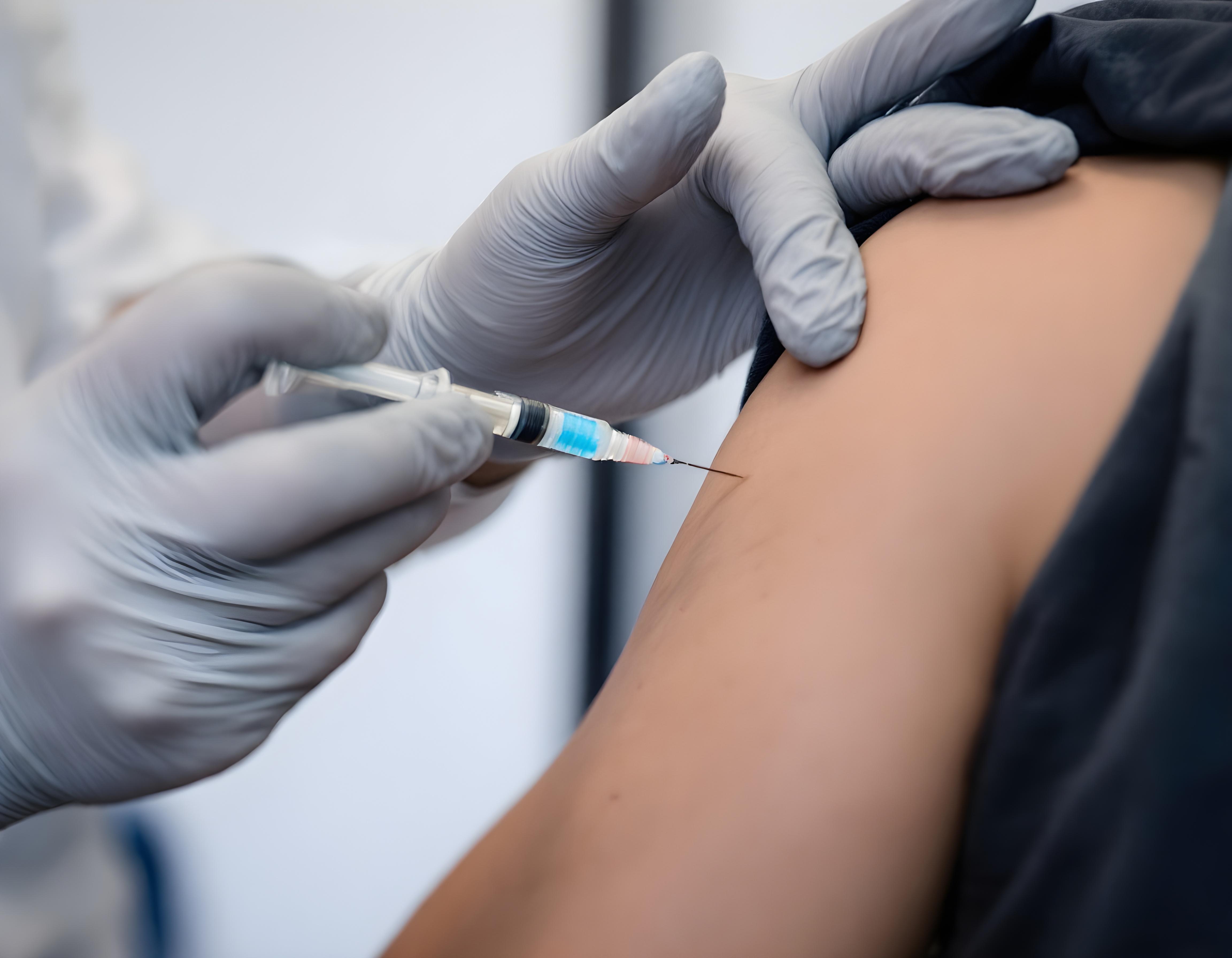
During the COVID-19 pandemic, many individuals in Saudi Arabia hesitated to get vaccinated. This study aimed to understand how different messages could increase vaccination rates among hesitant populations.
We conducted a randomized controlled trial on 12,000participants registered for COVID-19 vaccines but did not take it. They weredivided into six groups: five intervention groups and one control group. Eachgroup received a uniquely framed text message to encourage vaccination, whilethe control group did not receive any.
People who received messages framed to address social norms (emphasizing that others are getting vaccinated), ego (highlighting personal benefits), salience (making the message stand out), and loss aversion (focusing on potential losses from not getting vaccinated) were more likely to book vaccine appointments compared to those who didn’t receive any messages.
Young adults (aged 18–35) were more likely to book vaccine appointments compared to adults over 35 in the social norms and ego groups.
We demonstrated that framing messages in specific ways can effectively boost vaccination rates among hesitant individuals, which is critical for public health during a pandemic. Governments and public health organizations can use these insights to develop targeted communication strategies for promoting vaccination uptake and other public health initiatives.